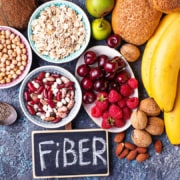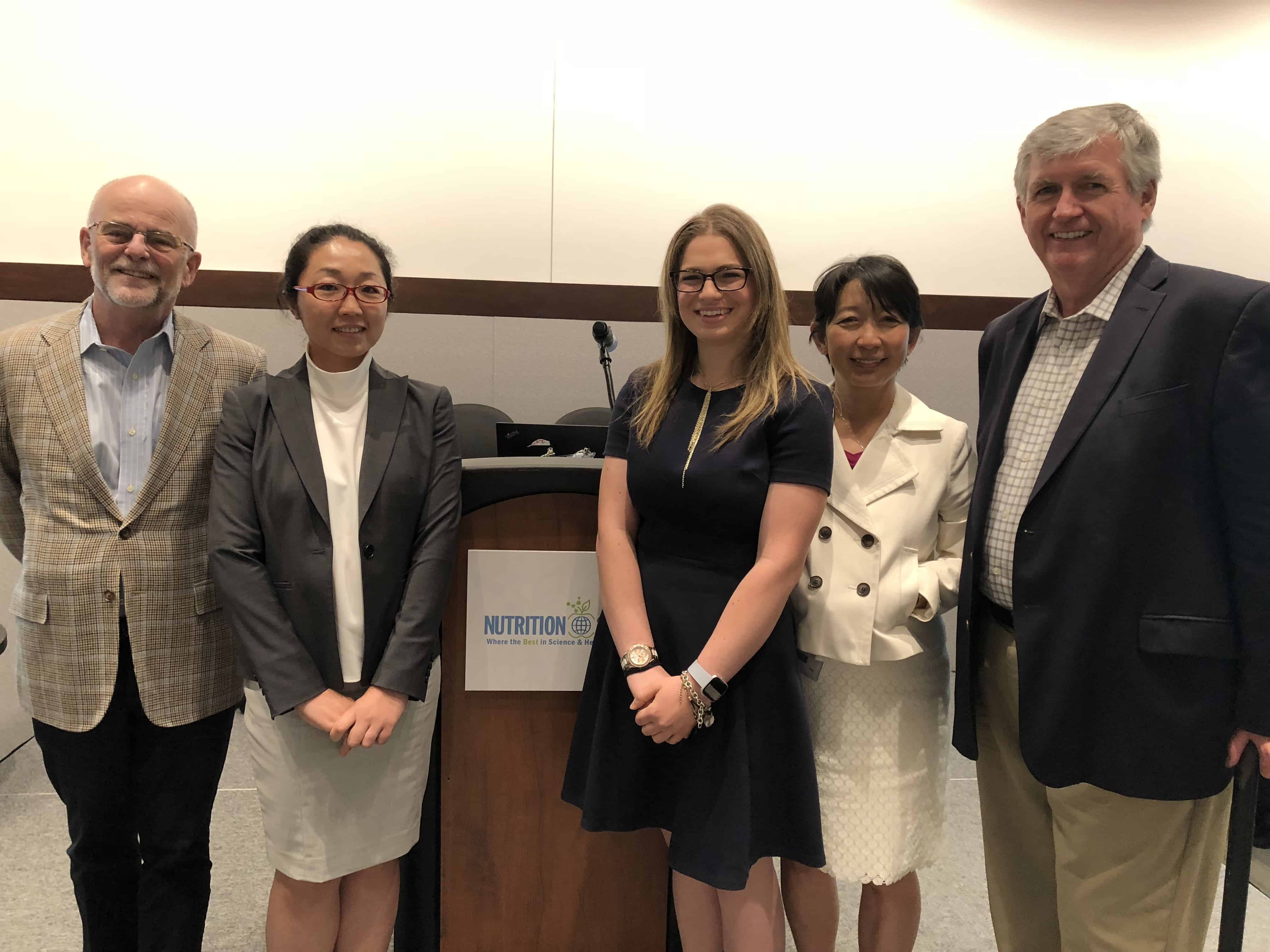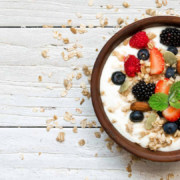October 11, 2022, 8:30 - 9:30 am ET
Years of discussion among the dietetics community paired with a plethora of data from peer-reviewed human studies have culminated in the first ever dietary recommendation for a bioactive compound. In this session, members of the Academy-appointed Expert Panel will present the guideline recommendation for flavan-3-ols and cardiometabolic health, including an overview of the flavan-3-ols (a type of flavonoid), the supporting evidence for improved cardiometabolic health, and the importance of a food-based approach to intake. Translating this into practice requires a discussion of not only health equity but also barriers and facilitators to guideline adoption. As such, this session will highlight key considerations and strategies for successful implementation. Attendees will leave with an understanding of how they can implement this guideline to optimize cardiometabolic health and conduct future studies to fill critical research gaps.
Panel:
Kristi Crowe-White, PhD, RDN, The University of Alabama - Moderator
Kim Stote, PhD, MPH, RDN, State University of New York, Empire State College
Taylor Wallace, PhD, CFS, FACN, Think Healthy Group / George Mason University
Performance Indicators:
- 8.1.2 Integrates knowledge of biological, physical, and social sciences with knowledge of food and nutrition to make decisions related
to nutrition care
- 8.2.4 Integrates new knowledge of disease states and clinical conditions into practice.
- 6.2.3 Analyzes and interprets data to form valid conclusions and to make recommendations.
This session is supported by the IAFNS Bioactives Committee.









